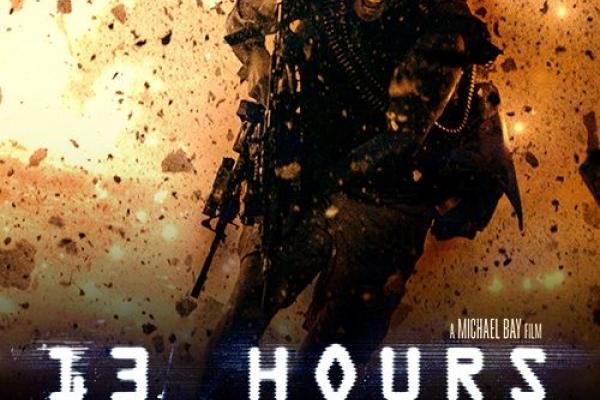Jan 14, 2016
In marketing the film, Bay and the real-life men he portrays have stated that 13 Hours is not a political film. The goal, they say, is simply to show what happened, as it happened, and to recognize the courage and sacrifice of the people on the ground that day.
But it takes a more nuanced filmmaker than Bay (the creator of Bad Boys, Armageddon, and the Transformers films) to take an inherently political story like this one and truly make it free from bias. While 13 Hours doesn’t specifically call anyone out, or criticize (or endorse) the decisions of any particular leader or party, Bay and screenwriter Chuck Hogan mistake those qualities as the only ones required to make the film “non-political.”
Read the Full Article

Already a subscriber? Login
